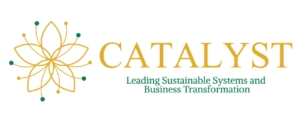Does Organisational Behavior Matter?
In 2022, we conducted a study that was filled by more than 560 responses from professionals and companies’ representatives in five countries, namely, Austria, Germany, Greece, North Macedonia and Portugal. The study’s purpose was to better understand their behaviors, needs, and gaps in sustainability and governance abilities in order to produce training courses and materials that will bridge this gap.
Organisational Behaviors and Employee Perceptions
More than half of those who responded believe their organisation does not define clear goals, invest in research and development, or foster new ideas. However, they argue that their organisations treat their employees properly and have put in place policies to prevent frauds.
Even if they are treated decently, only the one third stated they are completely satisfied and properly compensated. Despite the fact that the tendency appears to be the same for all five nations, respondents in Greece appear to be happier than those in the other four. Fair treatment and collaborative decision-making seem to be correlated, with two thirds of employees in organisations where decisions are made collaboratively believing they are treated fairly.
Another intriguing fact is that overall satisfaction, fair treatment and proper compensation increase significantly for employees of firms with annual revenues of less than €1 million. When the company’s scale is compared by the number of workers, the results are comparable. The majority of those who responded believe that small enterprises are a better place to work. Smaller firms often have a more tight-knit work environment where employees may have closer relationships with their colleagues and supervisors, while communication is more direct and straightforward. Employees may have easier access to management and decision-makers, which can foster a sense of fairness and transparency in how decisions are made. This can lead to a sense of belonging and better interpersonal dynamics, contributing to overall satisfaction.
In addition, smaller firms may provide employees with more responsibility and autonomy in their roles receiving more recognition for their contributions and having a higher level of visibility within the company. This can lead to a greater sense of ownership and control over their work, which can positively impact job satisfaction.
Factors Influencing Job Satisfaction
Flexible work hours are significantly more embraced in companies, where decisions are made in a collegial way rather than in family companies or companies led by a few individuals or experts. Indeed, the adoption and acceptability of flexible work hours can vary across company types and organisational structures. In collegial decision-making environments, decisions are frequently made collectively with the input of multiple stakeholders. This collaborative approach is more open to other perspectives and flexible, making it easier to establish flexible work arrangements. Collegial businesses may also prioritise work-life balance, employee well-being, and time management confidence. Family-owned or small-team enterprises may have more hierarchical structures and decision-making procedures. Larger, more collaborative firms may have greater room for experimentation and adaptability, making flexible work policies easier to adopt.
SMEs, VET Providers and NGOs seem to prioritise upgrading and developing the knowledge and skills of their employees in comparison to public institutions, universities, research centres and large companies. Public institutions, universities, research centers, and large corporations have more resources than SMEs, VET providers, and NGOs. This may give the impression that they can prioritise other areas of spending or external recruitment above employee development. Universities may prioritise research above teaching, whereas large firms may have historically hired highly specialised employees rather than investing in broad-based training. SMEs, VET providers, and NGOs may need to recruit and retain talented workers in competitive markets. Therefore, they may prioritise employee development to stay competitive and respond to market changes. The workforce’s diversity can also affect priorities. SMEs, VET providers, and NGOs with diverse and dynamic workforces may need continual training to address skill gaps and position changes.
Mapping and Skills Forecast Report
These results come from the Mapping and Skills Forecasting Report developed by Athens University of Economics and Business (AUEB) and Institute for Research in Environment, Civil Engineering and Energy (IECE), and supported by all CATALYST partners (North Macedonia, Greece, Portugal, Austria and Germany). It maps the most relevant European and national policies, sectoral trends and priorities per country, while it provides a list of best practices per sector. In addition, the field study that was comprised of an online survey and interviews, translated and conducted in local languages in five countries took place in the autumn of 2022 and collected more than 560 responses from professionals and companies’ representatives. The goal of the study was to better understand their actions, needs and missing skills in terms of sustainability and governance, in order to develop training courses and material that will bridge this gap. The report is available here.



